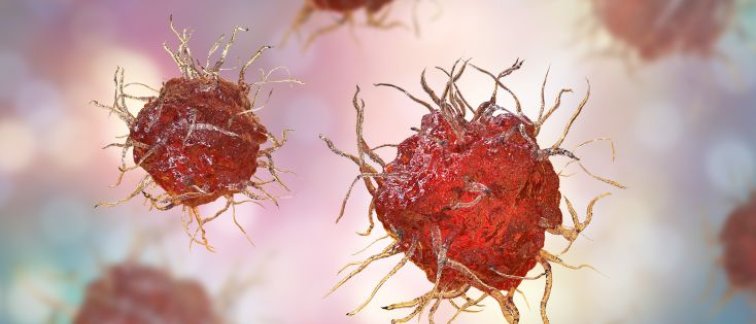Dendritic cells (DCs) are key initiators of the adaptive immunity, and upon recognition of pathogens are able to skew immune effector cells to elicit appropriate responses. DCs possess this extraordinary capacity to discern external signals using receptors that recognize pathogen- or self- associated molecular patterns (PAMP or SAMP). This study explores the early signaling events in DCs upon binding of SAMP α2-3 sialic acid (α2-3sia), a type of self-associated molecular pattern. These sugar-like structures are commonly found on bacteria, but can also be expressed by tumor cells. We investigated whether α2-3sia alters DC signaling properties. Through phosphoproteomic analysis, we found differential signaling profiles in DCs after α2-3sia binding alone or in combination with LPS/TLR4 (a type of PAMP) co-stimulation. α2-3sia was able to modulate seven biological processes, including the regulation of the IL-12 cytokine pathway, a marker of inflammation. Secretion of IL-10, the antagonist IL-12, by DCs was found upregulated after α2-3sia stimulation.
Analysis of kinase activity also revealed altered signatures in the JAK-STAT signaling pathway. PhosphoSTAT3 (Ser727) and phosphoSTAT5A (Ser780), involved in the regulation of the IL-12 pathway, were both downregulated. Inhibition of both STAT3 and -5A in moDCs resulted in a similar cytokine secretion profile as α-3sia triggered DCs. Targeted control of the STAT phosphorylation status is therefore an interesting lead for the abrogation of immune escape that bacteria or tumors impose on the host.
For more information, see: Frontiers | Quantitative phosphoproteomic analysis reveals dendritic cell-specific STAT signaling after α2-3-linked sialic acid ligand binding | Immunology (frontiersin.org)
Funding for this work was provided by:

